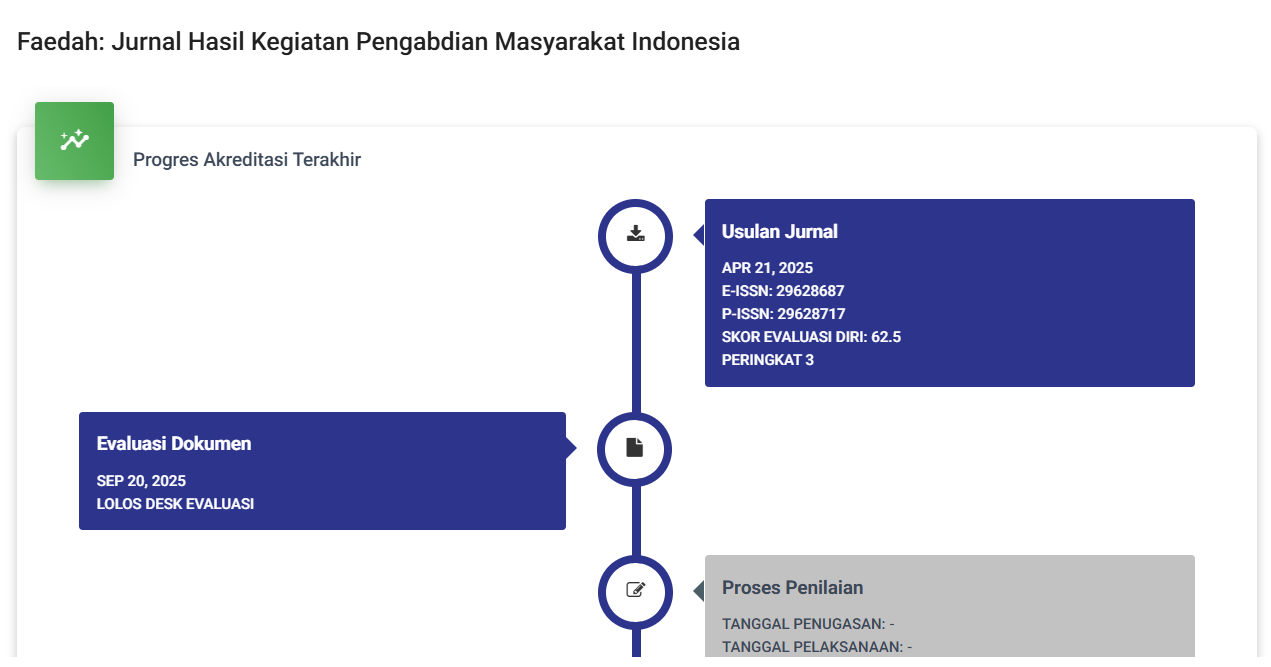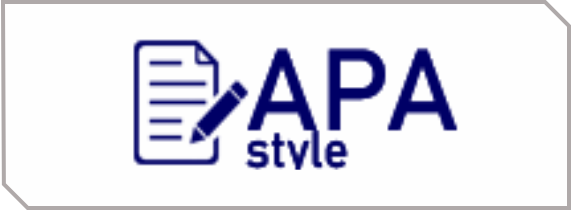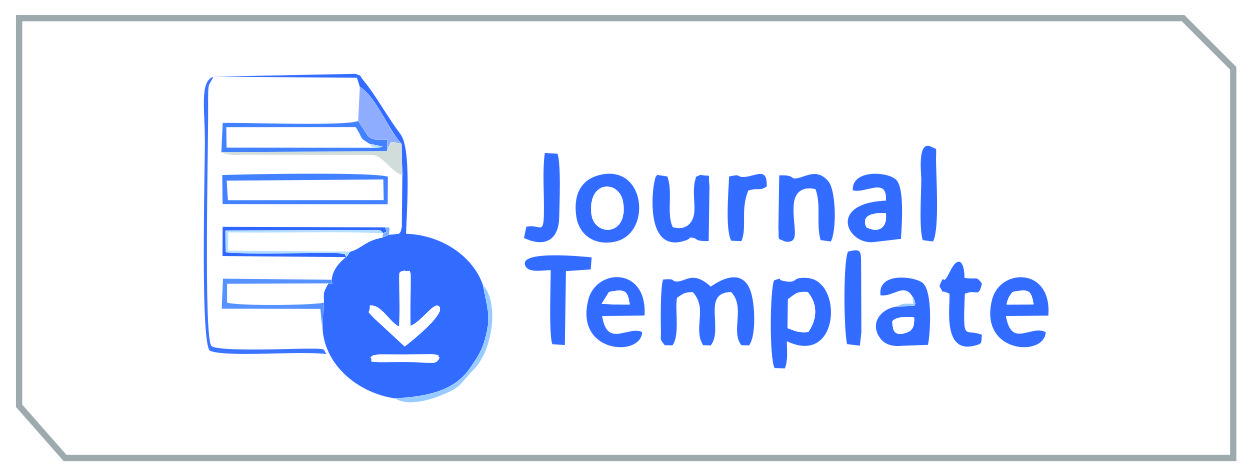Promosi Kesehatan Untuk Meningkatkan Pengetahuan dan Keterampilan Ibu Menyusui Dalam Perilaku Pemberian ASI Eksklusif di RS Hl Manambai Abdulkadir
DOI:
https://doi.org/10.59024/faedah.v1i3.241Keywords:
health promotion, exclusive breastfeedingAbstract
Exclusive breastfeeding reduces infant mortality rates caused by various diseases that commonly afflict children such as diarrhea and pneumonia. Babies with exclusive breastfeeding will have a stronger immune system compared to babies who are given formula milk. Breast milk provides protection to babies against various diseases, especially infectious diseases. According to RISKESDAS 2021, 52.5 percent or only half of the 2.3 million infants aged less than six months are exclusively breastfed in Indonesia, or a decrease of 12 percent from the figure in 2019. The highest coverage of exclusive breastfeeding is in West Nusa Tenggara with coverage of 81.46% and coverage of exclusive breastfeeding in Sumbawa Regency of 89.3. This of course encourages us to strive to maintain and even increase the scope of exclusive breastfeeding to increase children's intelligence. Objective: Increase the knowledge and skills of breastfeeding mothers towards exclusive breastfeeding for babies. Method: The method used in increasing this knowledge is by Audiovisual media, namely presenting the Understanding, composition, benefits, influencing factors, how to maximize & improve, how to prepare and store breast milk and provide counseling in the form of interactive lectures. Target: The target of this community service activity is from mothers of reproductive age who have babies aged 0 to 6 months at H.L. Manambai Abdulkadir Hospital. Results: The delivery of material with lecture and demonstration methods supports the ability of participants to master the material regarding increasing knowledge and skills in breastfeeding delivered by the community service team so that there is an increase seen from the pretest and posttest given to mothers after the activity takes place.
References
Cahyani,Ni Wayan W. & Widarsa, I Ketut Tangking. (2014).Penerapan Analisis Jalur dalam Analisis Faktor Determinan Eksklusivitas Pemberian ASI di Wilayah Kerja Puskesmas Payangan. Gianyar. Community Health, Volume 2, No.1: 96-106.
Dinas Kesehatan NTB. (2022). Pelaporan Pencapaian ASI Ekslusif.
Pedoman Pelaksanaan Proram Perbaikan Gizi Masyarakat. Pemerintah Provinsi Bali Dinas Kesehatan. Departemen Kesehatan RI. (2001).
Profil Kesehatan Indonesia Indonesia 2001. Jakarta: Pusat Data Informasi Departemen kesehatan RI.
Departemen Kesehatan Republik Indonesia. (2003). Ibu Bekerja Tetap Memberikan Air Susu Ibu. Jakarta.
Departemen Kesehatan Republik Kesehatan. (2004). Sistem Kesehatan Nasional.
Jakarta.
Departemen Kesehatan, UNICEF. (1994). Peranan Bidan dan Perawat dalam Peningkatan Penggunaan Air Susu Ibu.
Departemen Kesehatan. Jakarta. Efendi, F., & Makhfudli. (2009). Keperawatan Kesehatan Komunitas: Teori dan Praktik dalam Keperawatan. (Nursalam & Nurs, Eds.). Jakarta: Salemba Medika.
Gustina, Nila. (2008). Faktor-Faktor yang Berhubungan dengan Pola Pemberian ASI di Puskesmas Kota Pekanbaru. Program Pasca Sarjana Fakultas Kedokteran Universitas Gadjah Mada Yogjakarta.
Heriati, D. (2013). Faktor-Faktor yang Mempengaruhi Pengetahuan Ibu Tentang Penggunaan IUD Di Rumah Sakit Umum Daerah Dr. Zainoel Abidin Tahun 2013. Karya Tulis Ilmiah. Sekolah Tinggi Ilmu Kesehatan U’budiyah Program Studi Diploma III Kebidanan Banda Aceh.
Maryunani, Anik. (2012). Inisiasi Menyusui Dini, ASI Eksklusif, dan Manajemen Laktasi. Bogor.
Nirwana, Ade Benih. (2014). ASI dan Susu Formula Kandungan dan Manfaat ASI dan Susu Formula. Nuha Medika. Yogyakarta.









